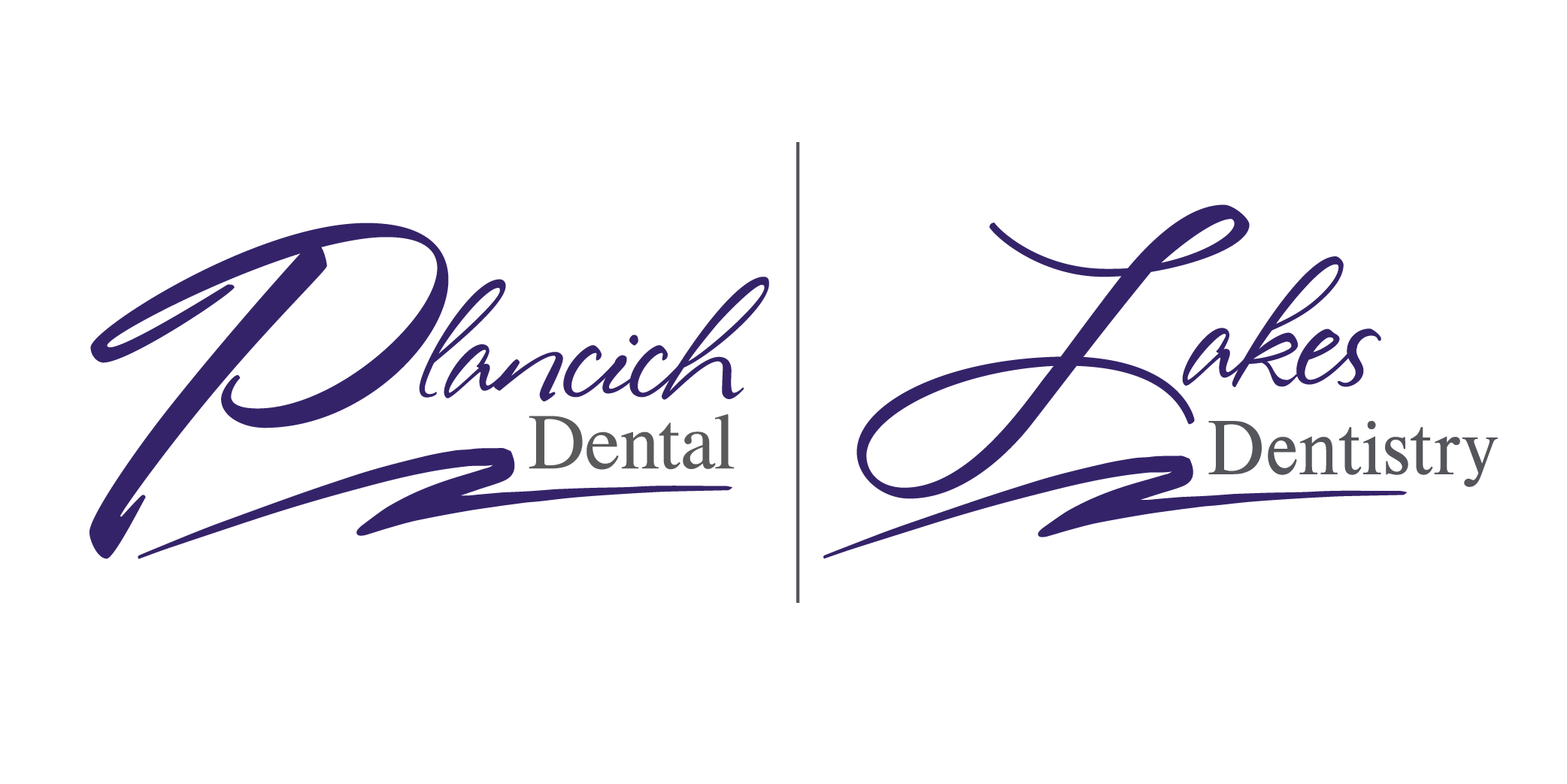It’s a well-established fact that good overall healthcare begins with good oral hygiene, the foundation of which is brushing with toothpaste at least twice a day, flossing, and rinsing with mouthwash.
Another critical factor in dental health, however, is tooth enamel, an often overlooked facet of dental hygiene.
Enamel, which is the thin, tough outer shell that covers a tooth, is the hardest tissue in the human body. Enamel covers the crown, the part of the tooth that’s visible above the gum line.
Tooth enamel plays an important role in oral health by helping to keep teeth looking white. It also protects teeth from acidic foods, which can cause tooth decay, tooth enamel erosion and tooth enamel loss.
Once the tooth surface has been compromised, efforts to repair tooth enamel can be extremely difficult. For that reason, regularly scheduled dentistry checkups, along with a sound oral care regimen, are strongly recommended.
As mentioned above, acids in foods and drinks are leading causes of damage to tooth enamel. Common dietary items such as fruit, fruit juices, coffee and wine can weaken tooth enamel over time.
Sugary drinks like soda can also contribute to enamel damage by interacting with the bacteria in plaque, a thin, invisible film of sticky bacteria and other materials. Plaque covers all the surfaces of all your teeth. When sugars or starches in your mouth come in contact with plaque, acids form. These acids can attack your teeth for 20 minutes or longer after you finish eating.
These acid attacks are called “acid erosion.” Repeated attacks can break down enamel, which can lead to tooth decay. The bacteria in plaque also trigger inflammatory responses that can cause breakdown of the gums, bone, and other supporting structures of your teeth.
When a tooth is exposed to acid frequently, these repeated acid attacks cause the enamel to continue to lose minerals. White spots may appear where minerals have been lost, which represent early signs of decay.
In addition to your trusty toothbrush and dental floss, other weapons can also help ward off enamel erosion. One such tool is fluoride, a mineral that can help prevent tooth decay and replace lost minerals. It can also reduce the ability of bacteria to make acid.
You can get fluoride by:
- Drinking fluoridated water
- Brushing with fluoride toothpaste
- Having your DDS apply fluoride gel or varnish to tooth surfaces
- Receiving a prescription for fluoride tablets
- Using a fluoride mouth rinse
Another strategy that can slow tooth enamel erosion, or even prevent tooth enamel loss, is eating foods that protect enamel. For instance, calcium, which can be found in milk, cheese and other dairy products, counter acids in your mouth that cause decay. Calcium also helps keep your bones and teeth strong.
Green and black teas are beverages that can counteract damaged enamel. Both contain polyphenols that kill or hold back harmful plaque bacteria.
Additionally, fiber-rich fruits and vegetables can help keep your teeth and gums clean, according to the American Dental Association (ADA). These foods also induce saliva production, which reduces effects of the acids and enzymes that attack your teeth. Plus, saliva contains traces of calcium and phosphates, which also help strengthen teeth.
Lastly, sugar-free gum is another great saliva maker that removes food particles from your mouth.
If you have questions or concerns about tooth enamel, or you are in need of other dental assistance, contact Plancich Dental in Old Town Tacoma, where we have been providing families with expert integrated dentistry care for 30 years. Contact Plancich Dental today so that you can put your best smile forward.
